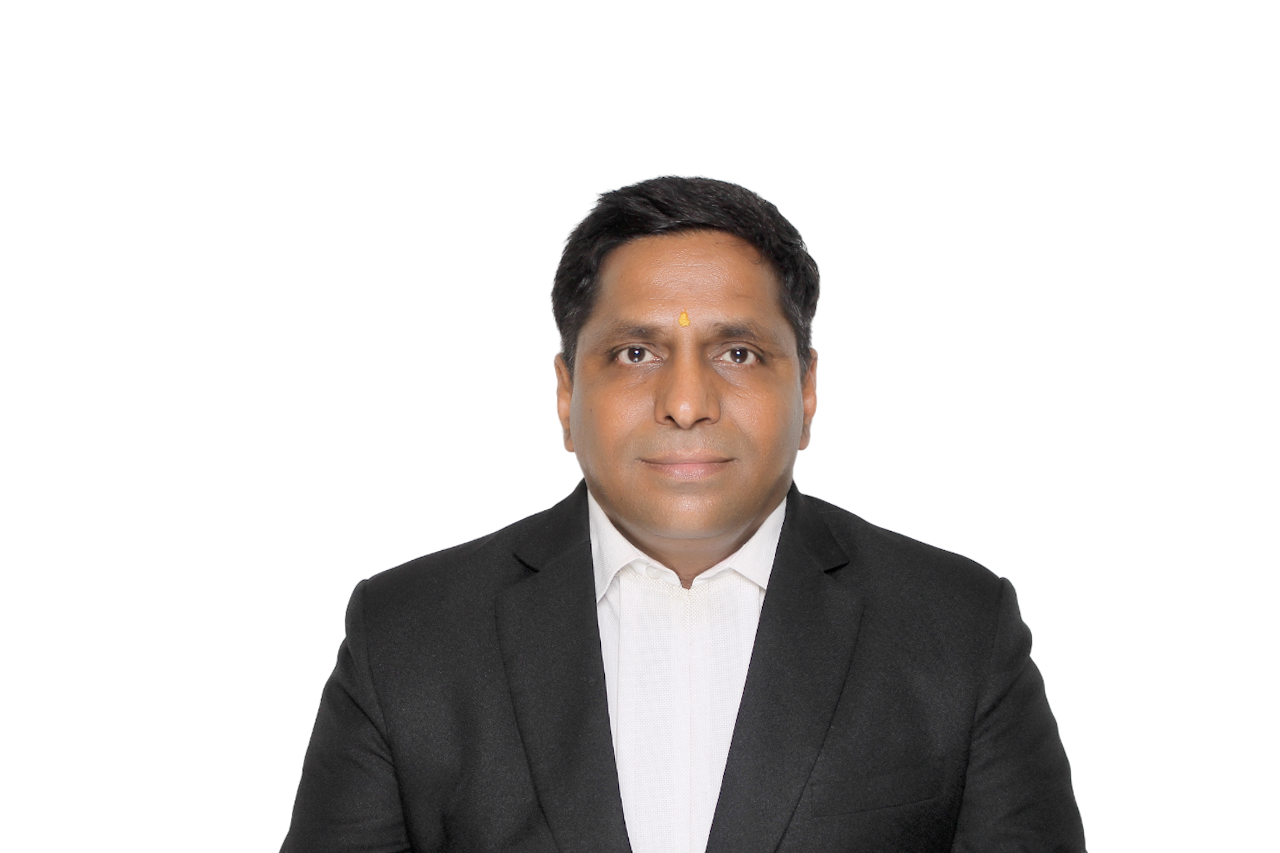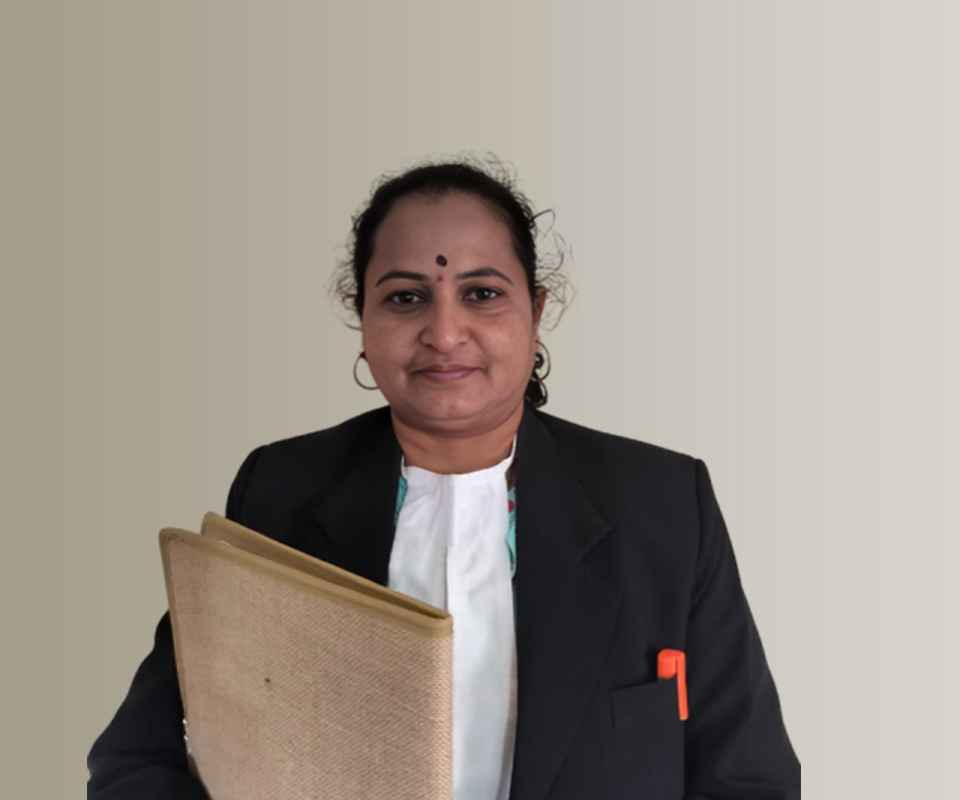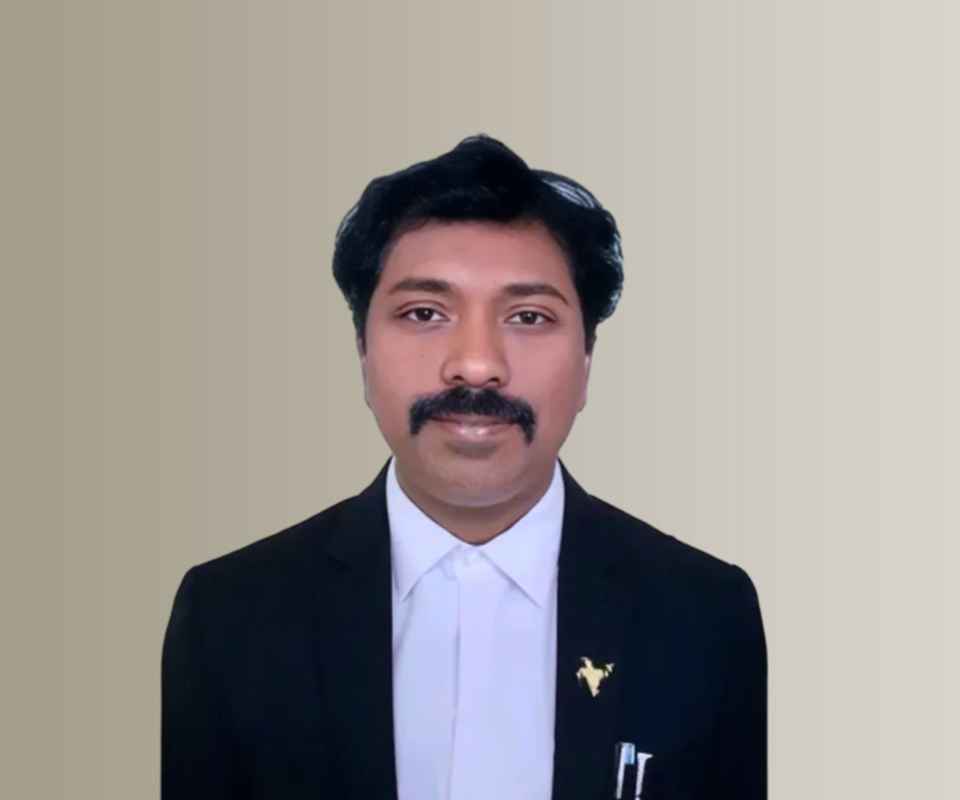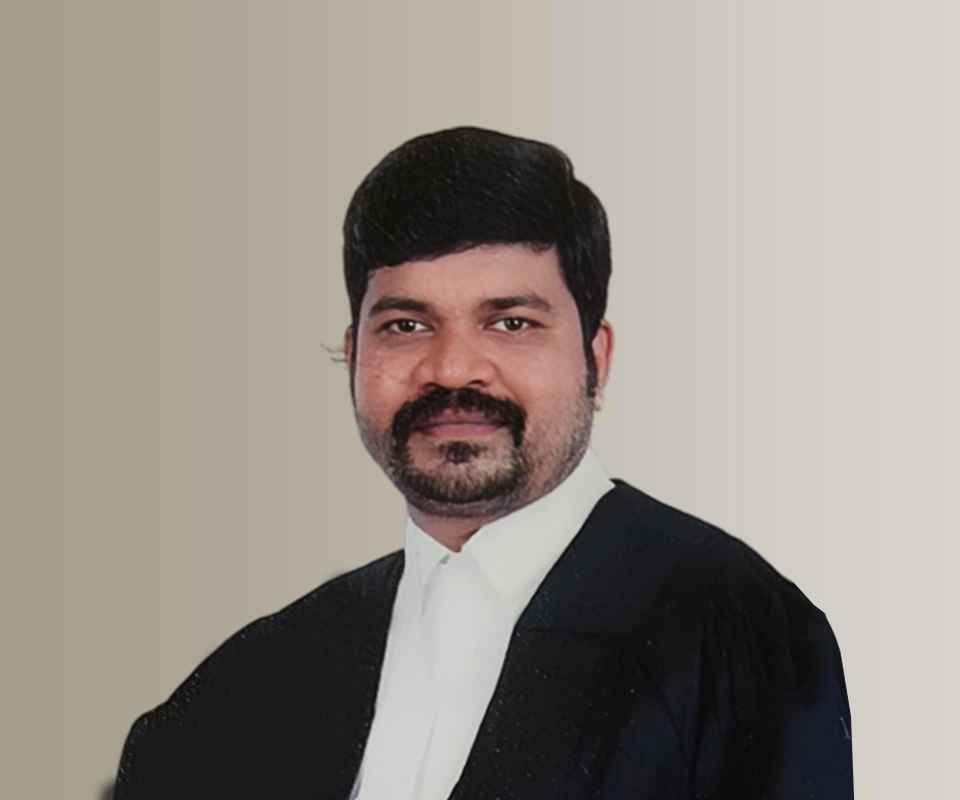Answer By law4u team
An executor is a person appointed in a will to carry out the wishes of the deceased and manage their estate after death. In India, the role of an executor is crucial as they are responsible for ensuring that the instructions in the will are followed, debts are settled, and assets are distributed to the beneficiaries. The executor is often granted probate (a legal order from the court validating the will) to carry out their duties. However, not everyone can be an executor of a will in India; certain legal requirements must be met to ensure that the individual is capable and eligible to fulfill the role.
Who Can Be An Executor Of A Will In India?
Eligibility Criteria for an Executor:
- Age Requirement: The executor must be at least 18 years old at the time of appointment. A minor (below 18 years) cannot serve as an executor.
- Legal Capacity: The individual must have the legal capacity to understand the duties and responsibilities associated with being an executor. This means that the person should not be mentally incapacitated or declared legally incompetent by a court.
- Sound Mind: The executor should be of sound mind and able to comprehend the implications of carrying out the responsibilities of administering the estate. This ensures that the executor can execute the will with proper understanding and without undue influence or coercion.
- No Criminal Conviction: In some cases, individuals who have been convicted of serious crimes may be disqualified from being appointed as an executor. While the law does not explicitly ban a person with a criminal record from being an executor, certain convictions may raise doubts about their suitability for such a fiduciary role.
Who Can Be Appointed as an Executor?
- Family Members: It is common for a family member (such as a spouse, child, or sibling) to be appointed as the executor of a will. The family member is likely to be familiar with the deceased’s wishes and their estate. However, family members must also be trustworthy and reliable, as they will be handling sensitive financial matters.
- Friends and Trusted Individuals: A friend or a trusted individual can also be appointed as an executor, especially if they are more capable of managing the estate or have the expertise required. However, they must be of sound mind and eligible as per the legal requirements.
- Professional Executors: In certain situations, the deceased may appoint a professional executor such as a lawyer, chartered accountant, or trustee to handle the administration of the estate. Professional executors are often preferred when the estate is large or complicated. They may have the necessary expertise to deal with legal, financial, and tax-related issues efficiently.
- Corporate Executors: Some people opt to appoint trust companies or banks as executors. These corporate entities have specialized knowledge and experience in handling the estate administration process, especially for large estates.
Disqualification of Executors:
- Incapacity: If an individual is unable to perform the duties of an executor due to a mental or physical condition, they may be disqualified from serving in this role.
- Conflict of Interest: If an individual has a conflict of interest, such as a personal financial interest that might influence their decisions in the administration of the will, they may not be suitable for the role of an executor.
- Inability to Travel or Act: If the executor is located in another country or region and is unable to perform their duties effectively, the court may consider appointing an alternate executor.
Responsibilities and Duties of the Executor:
- Obtaining Probate: The executor must apply for probate from the court, which validates the will and confirms the executor’s authority to manage the deceased’s estate. Probate is essential when the deceased has left a will, as it gives legal effect to the document.
- Identifying and Securing the Assets: The executor must identify the assets and property owned by the deceased, including real estate, bank accounts, investments, and personal belongings, and take necessary steps to secure them from theft or mismanagement.
- Paying Debts and Taxes: The executor is responsible for settling any outstanding debts, taxes, and liabilities of the deceased. This includes paying the deceased’s income tax dues, settling loans, and covering funeral expenses.
- Distributing the Assets: After debts and liabilities are paid, the executor must distribute the estate according to the wishes expressed in the will. If there are no specific instructions in the will, the executor must follow the laws of intestate succession.
- Filing Final Tax Returns: The executor must file the deceased’s final income tax returns and ensure that all tax-related matters are resolved.
Can a Will Have Multiple Executors?
Yes, a will can appoint more than one executor. Multiple executors are often appointed to share the responsibility or in case one is unable to perform their duties. However, it is essential that the executors work together and communicate effectively to avoid conflicts. If multiple executors are appointed, they must act jointly unless the will specifies otherwise.
Role of the Court in Executor Appointment:
If the appointed executor is unwilling or unable to perform their duties, the court may intervene and appoint a new executor. This can happen if the executor renounces the role or is disqualified. The court may also appoint an administrator in cases where no will exists or the appointed executor is no longer eligible.
Example
Case 1:
Mr. Ramesh has passed away and left behind a will appointing his eldest son, Rajesh, as the executor. Rajesh, 30 years old, of sound mind and legal capacity, is tasked with applying for probate, paying Ramesh’s outstanding debts, and distributing the estate to the beneficiaries as per the will. In this case, Rajesh fulfills all the legal requirements to be an executor and is authorized to perform these duties.
Case 2:
Ms. Meera, a 65-year-old woman, leaves a will naming her close friend, Maya, as her executor. Maya is a trusted individual and has the legal capacity to act as an executor. However, Maya later falls seriously ill and is unable to perform her duties. The court appoints Meera’s son as the new executor to complete the estate administration process.
Conclusion
In India, the role of an executor is vital to the effective administration of a deceased person's estate. The person appointed as an executor must meet legal eligibility criteria, including being at least 18 years old, of sound mind, and without criminal convictions. Executors can be family members, trusted friends, or professionals with the necessary expertise. It is important to choose a trustworthy and capable individual, as they are responsible for ensuring that the deceased’s wishes are carried out, debts are settled, and assets are distributed accordingly.







